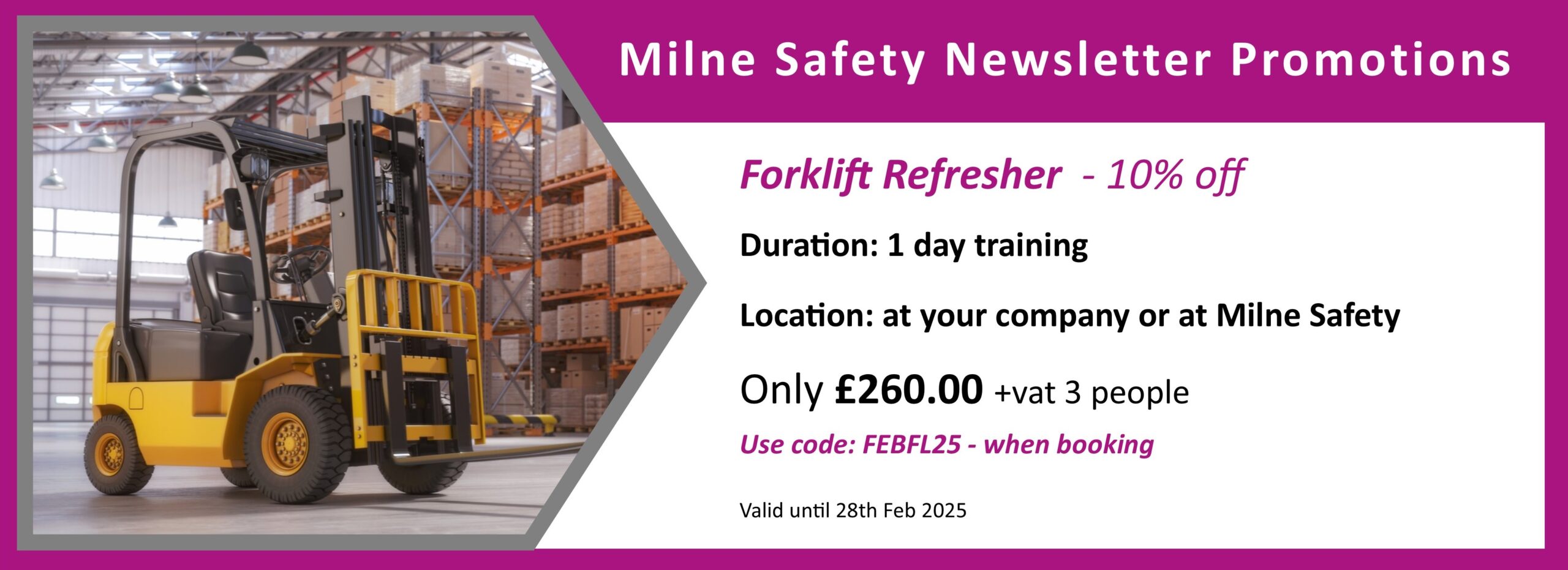Newsletter Promotion – 10% off Forklift Refresher Training
Newsletter Promotion – 10% off Forklift Refresher Training

Our Newsletter Promotions are now in the Milne Member Generic Documentation Folder – Milne Training Promotions

Our Newsletter Promotions are now in the Milne Member Generic Documentation Folder – Milne Training Promotions